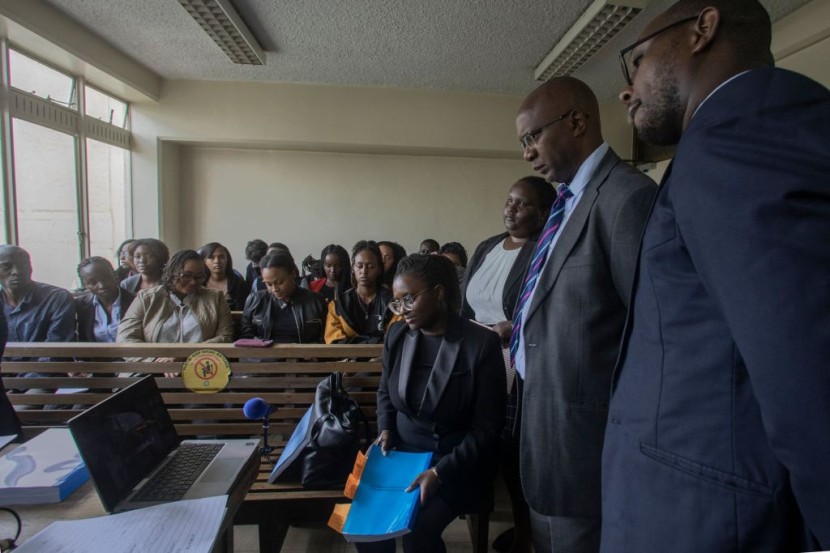A lawsuit filed by nearly 200 former workers in Kenya against Facebook and a local contractor named Sama over working conditions may have repercussions for moderators on social media platforms all over the world. Outside of the United States, where Facebook settled with moderators in 2020, this is the first known legal dispute.
The team worked at the social media giant's outsourced hub for content moderation in Nairobi, Kenya, where employees screen posts, videos, messages, and other content from users across Africa and take down any offensive or illegal material that violates the site's community standards and terms of service, according to ABC News.
What the Moderators are Seeking
A $1.6 billion compensation fund is being sought by the moderators from numerous African nations who claim their working conditions are subpar, including inadequate mental health assistance and low pay.
They lost their jobs earlier this year when Sama decided to stop operating as a content moderation company. They contend that the businesses disobey a court order mandating that their contracts be kept in effect while the dispute is litigated.

The moderators voiced despair as they struggled with the horrible pictures that haunted them and ran out of money and work licenses, with little clarity as to how long the matter would take to be resolved.
Read also : Facebook's Meta Says It's Building World's Faster AI Supercomputer, Promises Free Internet Access
Lack of Post-Traumatic Professional Treatment
According to employees, US-based Sama did little to guarantee that moderators in its Nairobi office had access to professional post-traumatic treatment. He claimed that counselors were not adequately prepared to handle the issues workers were facing.
According to Facebook's parent company Meta, its contractors must contractually pay their staff more than the going wage in the regions where they compete and offer on-site assistance from qualified professionals. A representative stated that Meta could not comment on the issue in Kenya.
In an email to the Associated Press, Sama claimed that the pay it provided in Kenya was four times more than the local minimum wage and that "over 60% of male employees and over 70% of female employees were living below the international poverty line (less than $1.90 a day)" before being hired.
The contractor also termed a recent court order to renew the moderators' contracts "confusing" and claimed that a later ruling suspending the decision meant it had not gone into effect. Sama stated all employees have unfettered access to one-on-one counseling "without fear of repercussions."
The Effects of Poor Labor
According to Sarah Roberts, a content moderation expert at the University of California, Los Angeles, such labor has the potential to be "incredibly psychologically damaging," but job searchers in lower-income nations could be willing to take the risk in return for an office job in the tech sector.
The effects of poor labor in Kenya are far-reaching and can devastate individuals, families, and the country as a whole. It is important to address the root causes of poor labor conditions in order to improve the lives of workers in Kenya.
Related article : Kenya Cult Autopsies Show Missing Organs, Authorities Say
© 2025 HNGN, All rights reserved. Do not reproduce without permission.








